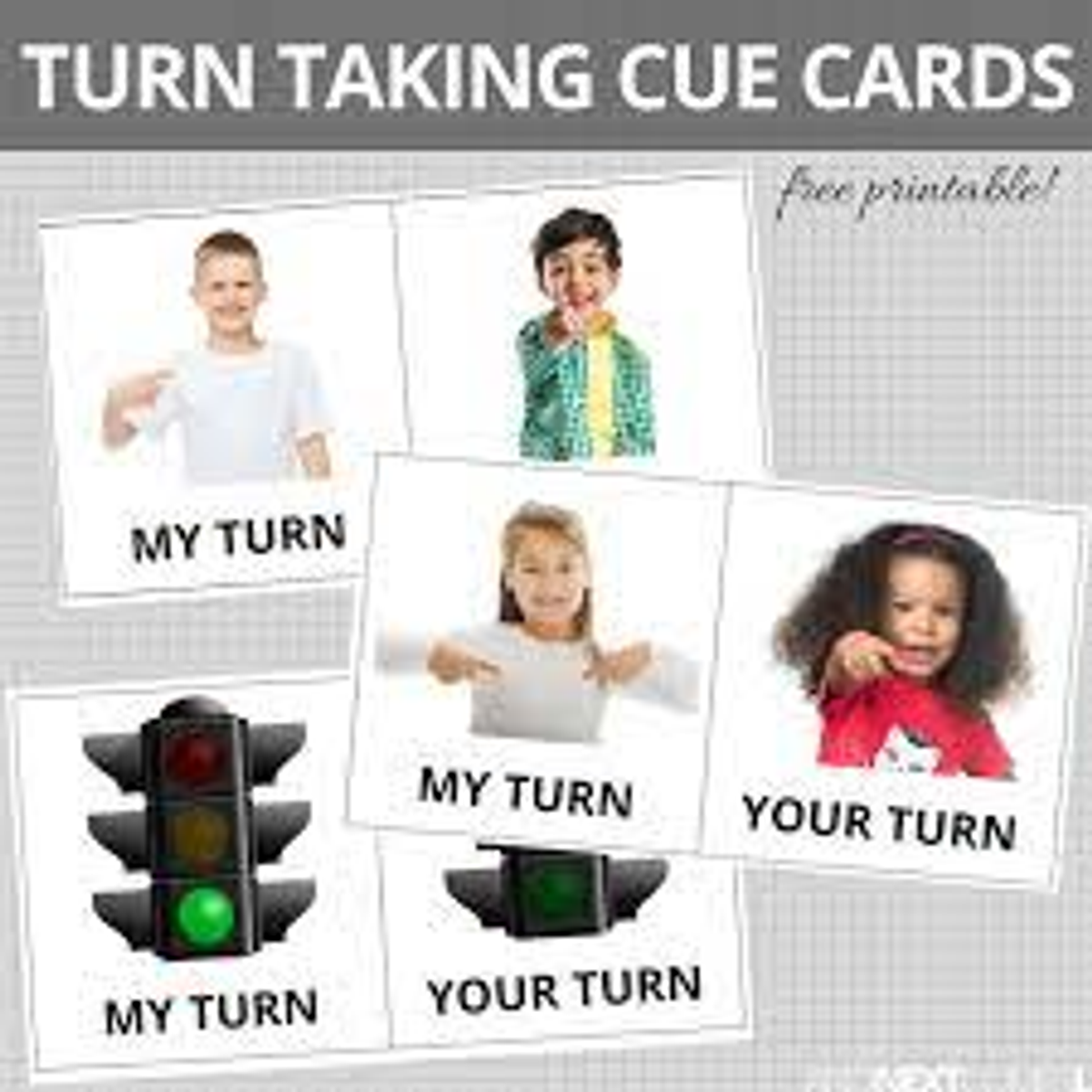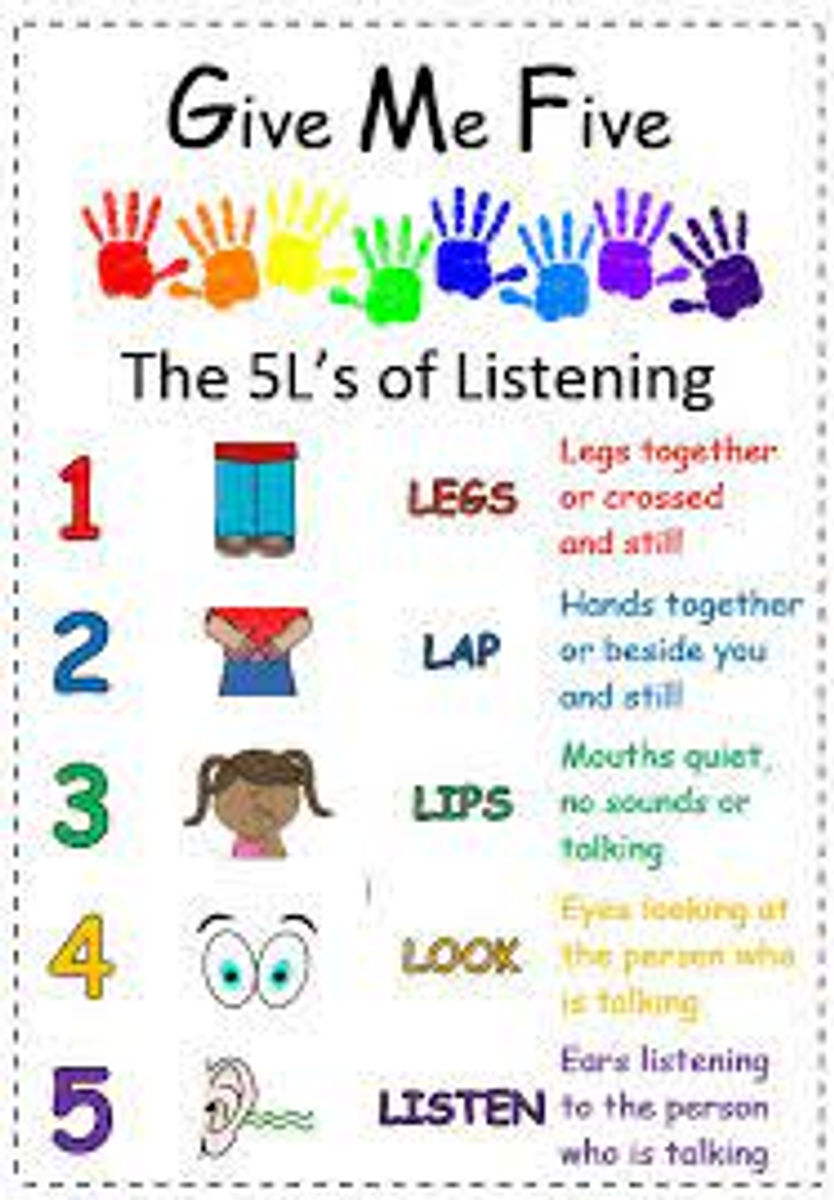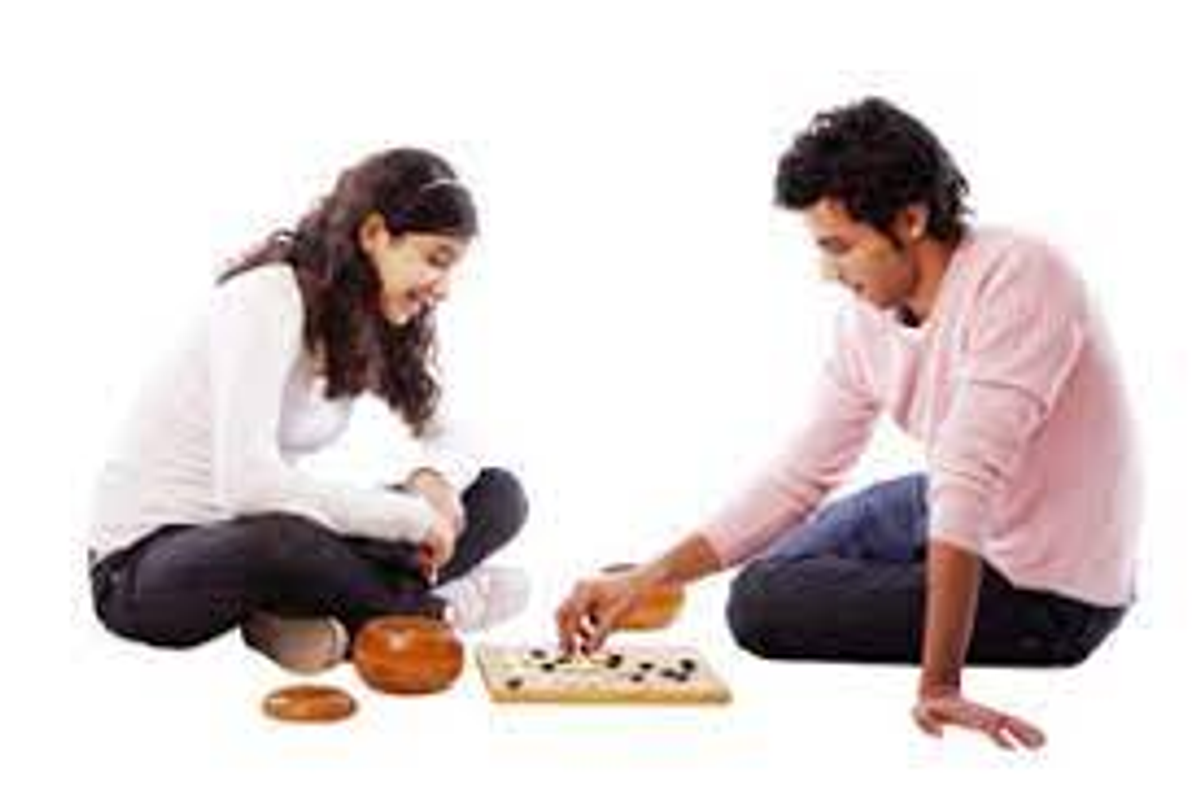Diverse Learning

Conversations
What Can You Do If Your Child Finds It Hard To take Turns In Conversations?
Some children find it difficult to follow the same rules of conversation that the rest of us use. That is, most of us know (without having to be told) that when you are talking with somebody it is important to listen and to talk. This is called "turn-taking". Some children (and adults!) find turn-taking difficult. They seem to just listen or to just talk (and not leave any gaps for the other person to talk back).
The following ideas may help you to help your child to find the balance between listening and talking in their conversations.
Ideas for encouraging talking
Many children are shy, lack confidence or don't understand that they have to contribute equally to conversations. The following ideas will encourage these children to share more equally in conversations:
Be positive
Listen for times when your child starts conversations, asks questions or keeps talking about a topic that you have started. These are signs that your child is interested in the topic and wants to communicate with you about it. When you hear your child doing these things, give them lots of specific praise.
Eg.
"It was great to have a chat with you about that, it's good for me to know the sorts of things that you've been learning about at school"
Or:
"I like it when you ask me questions like that and we get to have a talk about things"
When you are talking with your child, ask your child specific questions that give them an opportunity to speak.
Eg. "What have you done on your art project so far?"
Try not to ask questions that only require yes/no as an answer and be realistic with your expectations of what your child will say - they may start off with shorter replies which you can encourage them to build up to longer responses.
Ideas for encouraging listening
Attention
Make sure that you have your child's attention is on you and not something else before you start to speak to them - that is try and find a time and place that your child won't be thinking about something else that's important to them. For example, if your child is interested in what's happening on “ Ninja Warriors” then they are unlikely to want to talk to you for any length of time. Wait until your child is looking at you and ready to listen before you start to speak with them.
If your child is restless or fidgety then talk about the parts of their body that they need to use to let you know that they are listening. That is….. keeping their hand and feet still, keeping their bottom still, turning their head towards the listener, looking at the person speaking (eyes), keeping their mouth closed, having their ears open and their brain switched on to what the other person is saying
Simplify Your Language
It is possible that your child may not understand everything that is being said and is unsure about what the other person wants him to say. If this is the case the following strategies may help:
- breaking up what you are saying into smaller parts (that is, leaving short pauses of 1 - 2 seconds between ideas). This will give your child a chance to process the first thing that you have said before you move on to the next.
- Keep your sentences short. This will help to ensure that the grammar isn't too hard for your child to understand. Adults have lots of words in their vocabularies that children have yet to learn.
GENERAL STRATEGIES
Explaining The Rules for Conversation:
Explain to your child that when you have a conversation with people, there are certain "rules" you must follow, and these include taking turns to talk and listen. If we don't follow these rules, people may:
- think we are rude if we don't respond when they expect us to
- think we are not interested in what they are saying
- think we are not listening, although we may be
Talk about ways we can respond:
- asking questions about what was said
- adding something we may know about the topic
- nodding our heads to show we have listened etc
Playing Games:
There are lots of games that will help your child to develop good skills at taking turns. Such as:
- rolling a ball back and forth
- throwing and catching
- playing ball games that require turns
- playing "snap", "fish" or Dominos
- playing with toy telephones taking turns at pulling surprise objects out of a pillowcase and describing them
- take turns as you build a tower, thread beads on a string etc many board games encourage children to learn to take turns by throwing a dice or by putting their counter down etc.
Spending Time with Other Children
Encourage your child to develop hobbies or areas of interest which will give them something in common with other children in their class at school.
This may be…
- Sports
- video games
- a collection (eg. Pokemon, Football Cards)
- Movies
- Music
- Drama
- art/craft lessons
- groups (eg. Cubs, Brownies)
This will give your child the motivation to talk with other children their age and want to be their friend.
Activities, where your child mixes with other children (such as playing sports or joining a group), may give the best opportunities for developing good conversational skills with other children.
The most important thing that you can do to help your child learn good rules for conversations is to practice these rules yourself when you are talking to your child or others.
Ms Janelle Schembri | Learning Support








